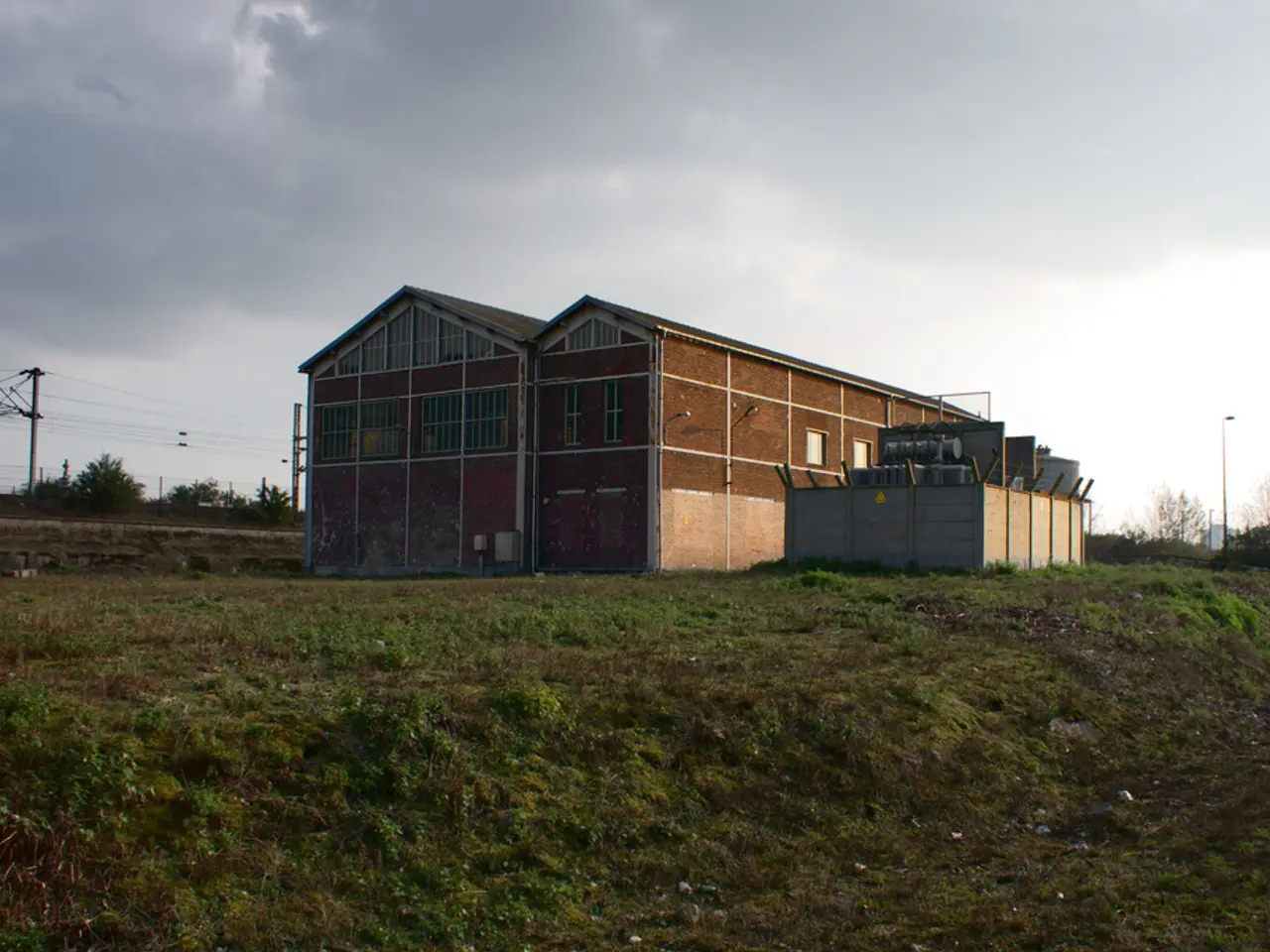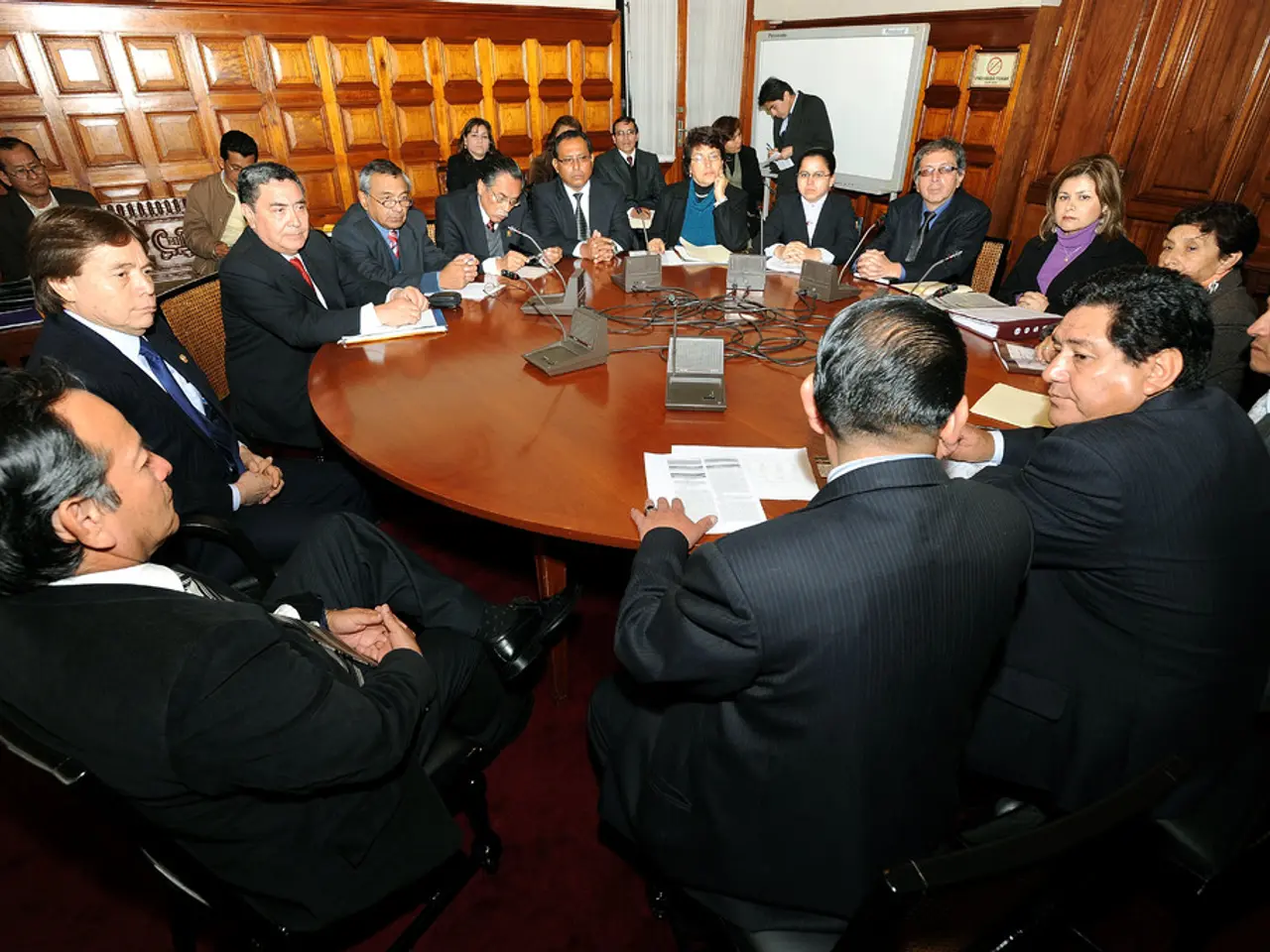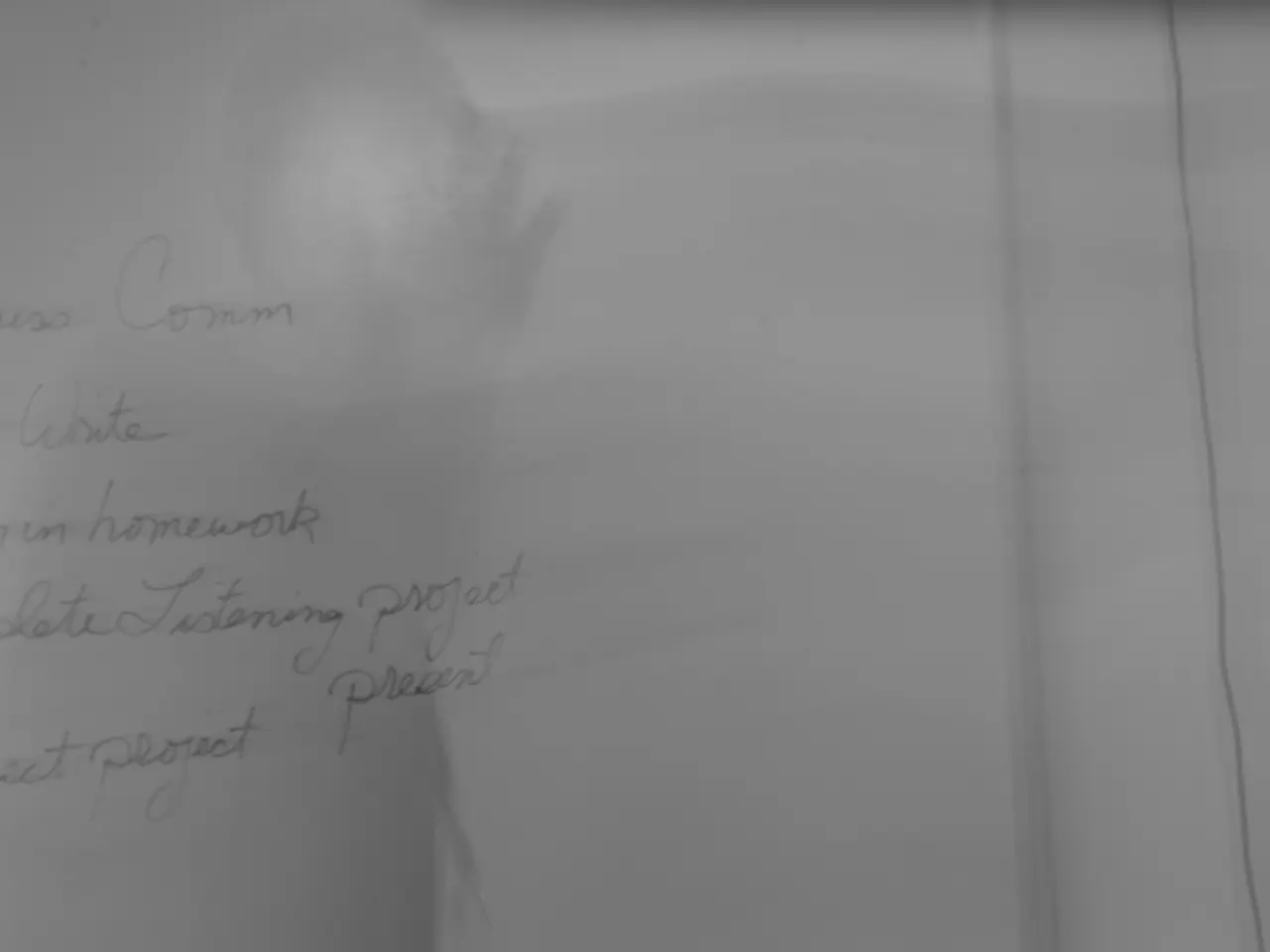Obstacles to Germany's Power Grid Modernization
The expansion of Germany's high-voltage electricity grid, a critical step towards achieving energy autonomy and carbon neutrality by 2045, is facing several significant hurdles. The complex nature of the regulatory and approval processes, workforce and skill shortages, technological and organizational complexity, grid connection delays, and economic factors are causing delays and increasing costs.
**Regulatory and Approval Processes**
Lengthy and cumbersome approval procedures are major obstacles in the expansion process. For instance, the SuedLink line project took approximately seven years for planning and approval. The complex nature of obtaining necessary permits and securing land access is slowing down the process.
**Workforce and Skill Shortages**
The supply of skilled labour is insufficient to meet the demand for accelerated grid expansion. This shortage impacts the efficiency and speed of projects.
**Technological and Organizational Complexity**
The expansion involves integrating new technologies and coordinating with multiple stakeholders, which adds to the complexity and time required for completion. The integration of renewable energy sources into the existing grid poses technical challenges, such as ensuring stability and reliability.
**Grid Connection Delays**
Ongoing grid connection works are delaying the operational startup of new renewable energy projects. For example, a nearly 900 megawatts offshore wind farm in Germany remains offline until 2026 due to these delays.
**Economic Factors**
Rising electricity costs and potential economic uncertainties can impact public support and investment in grid expansion projects. The time-delays and increased costs associated with grid expansion can also deter investors due to compressed project returns and increased macroeconomic risks.
Despite these challenges, Germany continues to invest heavily in infrastructure, including a €100 billion Climate and Transformation Fund aimed at modernizing the energy system and integrating more renewable energy. However, achieving ambitious renewable energy integration goals remains challenging due to these systemic issues.
The Federal Network Agency has defined five steps for the TSOs before construction can begin: scenario framework, grid development plan, environmental report, federal requirement plan, spatial planning procedure, and planning approval process. Addressing these challenges will require a concerted effort from all stakeholders, including government, industry, and local communities, to ensure a sustainable and timely expansion of Germany's high-voltage electricity grid.
Media ReportingThe opposition party calls for expediting regulatory approvals and simplifying the planning process, citing delays and rising costs as major concerns for achieving Germany's 2045 carbon neutral goals.
Government InterventionThe government is urged to address the workforce shortage by investing in vocational training programs and attracting foreign workers to help with grid expansion projects.
Financial ImplicationsExperts suggest that securing financing for grid expansion projects could be facilitated by implementing incentives for investors, such as tax breaks or government-backed loans to offset risks and promote renewable energy development.
European CollaborationReports indicate that the EU's Green Deal initiative could provide funding and support for Germany's energy transition, helping to overcome challenges faced in the renewable energy industry. By collaborating with other European nations, Germany can learn from best practices and share resources, accelerating the grid expansion process.




